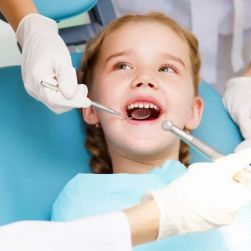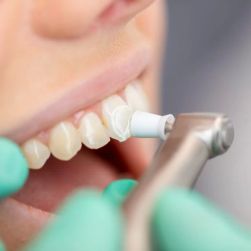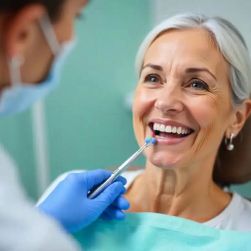What are the Signs of Oral Cancer and How Can It Be Prevented or Detected Early?
Oral cancer is a major health concern that affects thousands of individuals in the United States each year. Despite advancements in healthcare, many people remain unaware of the early signs and potential risks associated with this disease. Understanding oral cancer is crucial because early detection significantly improves the chances of successful treatment. This article aims to inform readers about the signs of oral cancer and present practical advice on prevention and early detection strategies as shared by experts at Dentistry Toothtruth.
Understanding the Signs of Oral Cancer
Identifying the signs of oral cancer can be challenging, especially because symptoms often resemble common oral issues. Key signs to watch for include persistent mouth sores, unusual red or white patches, or a lump in the mouth or throat. Additional indicators might include difficulty swallowing, persistent hoarseness, or unexplained numbness in the tongue or other areas within the mouth. Awareness of these symptoms plays a critical role in early intervention, which is vital in improving prognosis rates. According to the American Cancer Society, early-stage diagnosis significantly boosts survival rates, highlighting the importance of regular dental check-ups.
Risk Factors Associated with Oral Cancer
Various factors can elevate the risk of developing oral cancer. Tobacco use, including smoking and chewing tobacco, is one of the most significant risk contributors. Additionally, excessive alcohol consumption can exacerbate these risks. Other factors include prolonged sun exposure, which can lead to lip cancer, a component of oral cancer. Importantly, the human papillomavirus (HPV) has been linked to an increased risk of oropharyngeal cancers. Understanding these risks empowers individuals to make informed lifestyle choices to reduce their predisposition.
Prevention: Proactive Steps to Safeguard Oral Health
Prevention is better than cure when it comes to maintaining oral health and minimizing the risk of oral cancer. A pivotal preventive measure includes avoiding tobacco products and moderating alcohol intake. Implementing a balanced diet rich in fruits and vegetables can also contribute to decreasing cancer risks. Regular self-examinations can help in early detection of any abnormalities. Moreover, maintaining consistent dental appointments for professional evaluations is vital, allowing dentists to spot potential issues that are not visible through self-examination. The experts at Dentistry Toothtruth emphasize the importance of these practices in fostering oral health.
Early Detection through Regular Screenings
Engaging in regular oral screenings provides the best chance for early detection of potential cancerous changes. Dental professionals are trained to identify early manifestations of cancer during routine check-ups. These screenings are particularly crucial for individuals with high-risk factors. During these visits, dentists can employ various diagnostic tools, such as special lights or dyes, to detect abnormal cells that are not visible to the naked eye. Early detection often results in simpler, more effective treatment options, strengthening the argument for periodic dental check-ups as an essential part of oral health care.
Conclusion: Taking Charge of Your Oral Health
Being informed about the signs and risks of oral cancer is the first step towards protection. Early detection and prevention are keys to battling this disease effectively. By recognizing symptoms and understanding risk factors, individuals can take proactive steps such as quitting tobacco use, regulating alcohol consumption, and ensuring regular dental visits. As the experts at Dentistry Toothtruth advocate, prioritizing oral health through informed lifestyle choices and ongoing professional care can significantly reduce the incidence and improve outcomes of oral cancer. Stay vigilant and regularly consult with dental professionals to safeguard your oral health.






